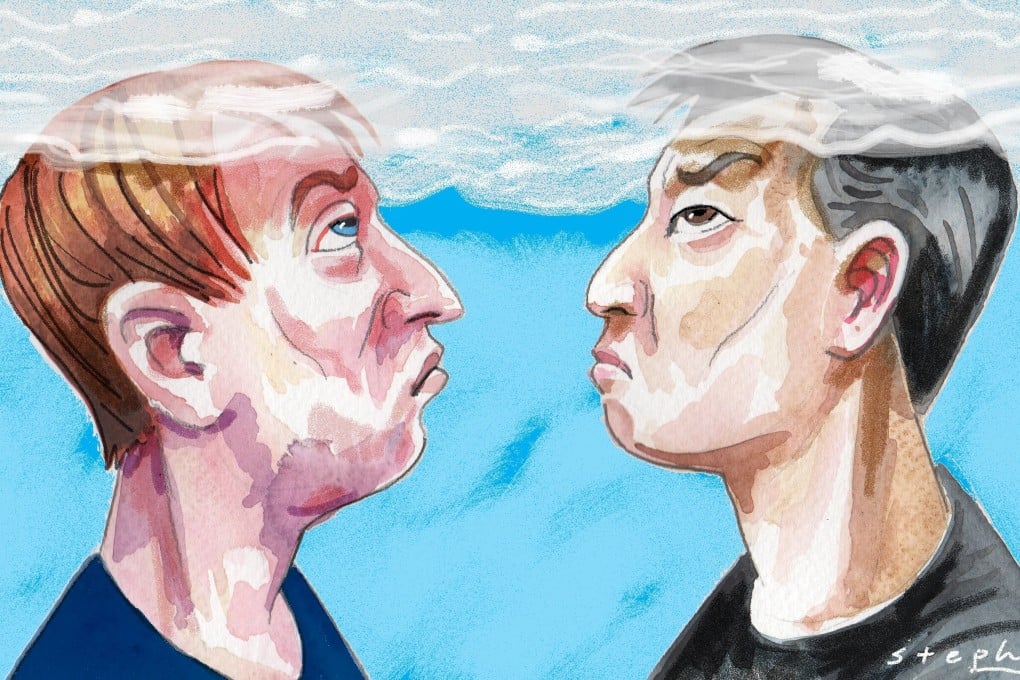Advertisement
Opinion | US-China tensions are clouding how Americans and Chinese see each other
- For educated Chinese, America embodies individualism, greed and deep social rifts, yet its innovative, entrepreneurial spirit continues to attract them
- However, the general American perception of China is mired in simplistic and hatred-inducing caricatures, made worse by the current Covid-19 racism and government rhetoric
Reading Time:4 minutes
Why you can trust SCMP

Do Americans and Chinese understand each other? Educated Americans, blessed with information flows guaranteed by free speech and an open press, must surely know China well. The Chinese, however, living under the iron fist of censorship – how could they possibly understand America?
To address the first part of the question, let us look at the three types of information that have informed and shaped the American perception. First, given the increasing importance of China’s economy in global growth, global media, policy and business circles are awash with China-related economic and financial data and analyses.
Second is China’s spotty human rights record and increasing assertiveness in foreign affairs. Reports on the Xinjiang Uygur detention camps, Hong Kong protests, ubiquitously deployed surveillance technologies, Taiwan cross-strait tension, and the Chinese military build-up in the South China Sea dominate global headlines.
Advertisement
The third type of information is Chinese policy announcements and the harsh, if not sometimes knee-jerk, reactions to criticism and accusations from the West.
These feed a profile that begins to form of an increasingly powerful economic and military giant which suppresses and abuses its people, and pounces on its foreign critics. Calling China a “Frankenstein”, as US Secretary of State Mike Pompeo did recently, appears reasonable. No wonder over two-thirds of Americans in a recent poll expressed negative views towards China and endorsed a hardline approach.

00:48
‘Frankenstein’ China requires more assertive global response, says US top diplomat Pompeo
‘Frankenstein’ China requires more assertive global response, says US top diplomat Pompeo
The challenge is how to reconcile this “monster” image of China with the population’s high confidence ratings of its government in Western surveys?
Advertisement
Select Voice
Choose your listening speed
Get through articles 2x faster
1.25x
250 WPM
Slow
Average
Fast
1.25x
